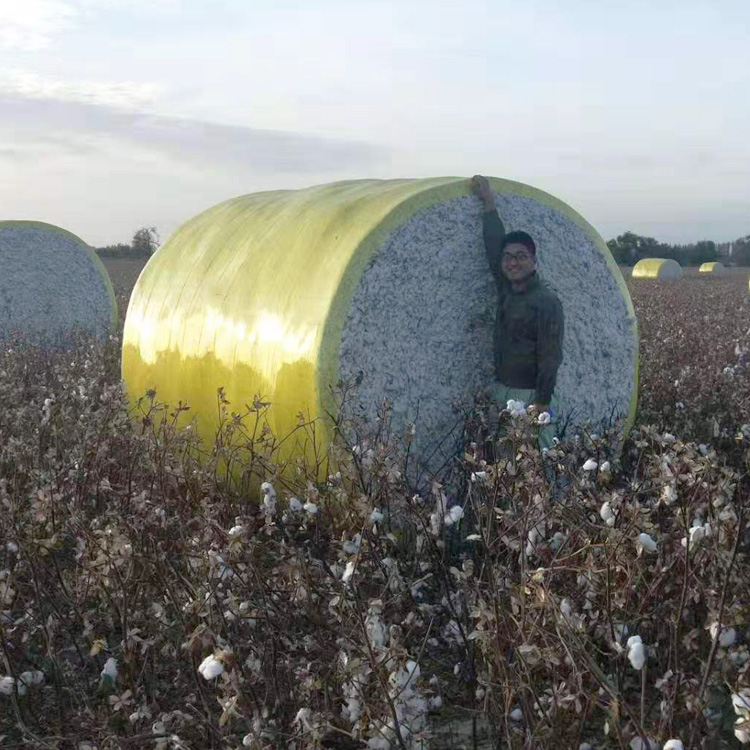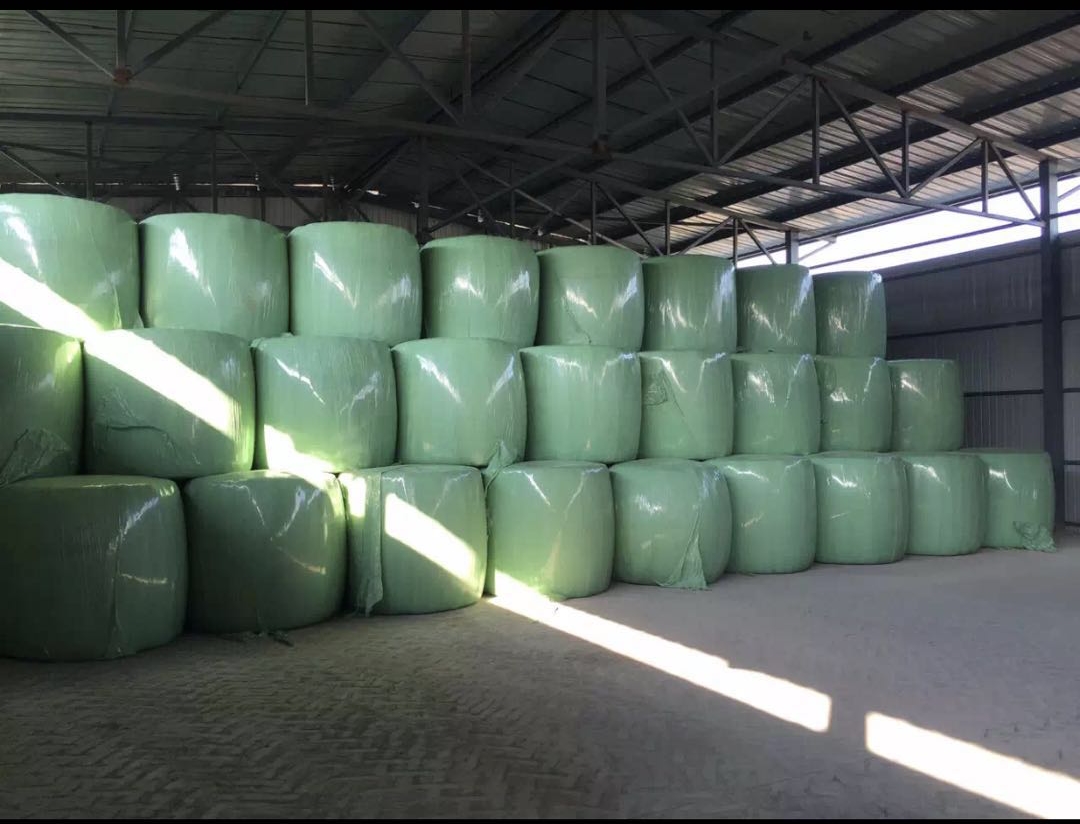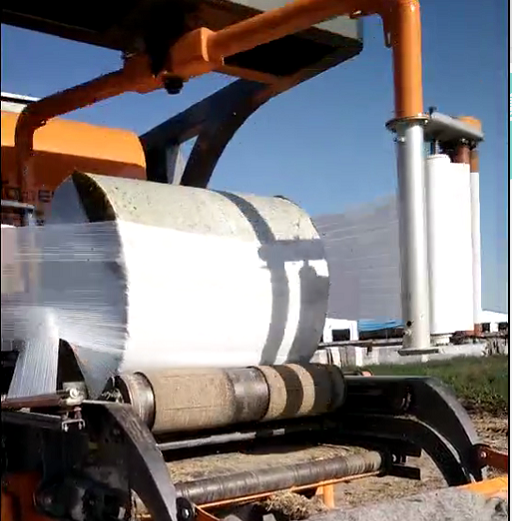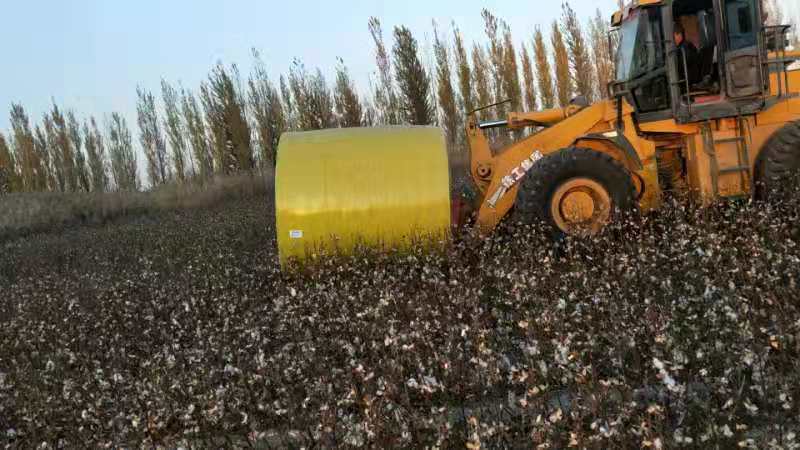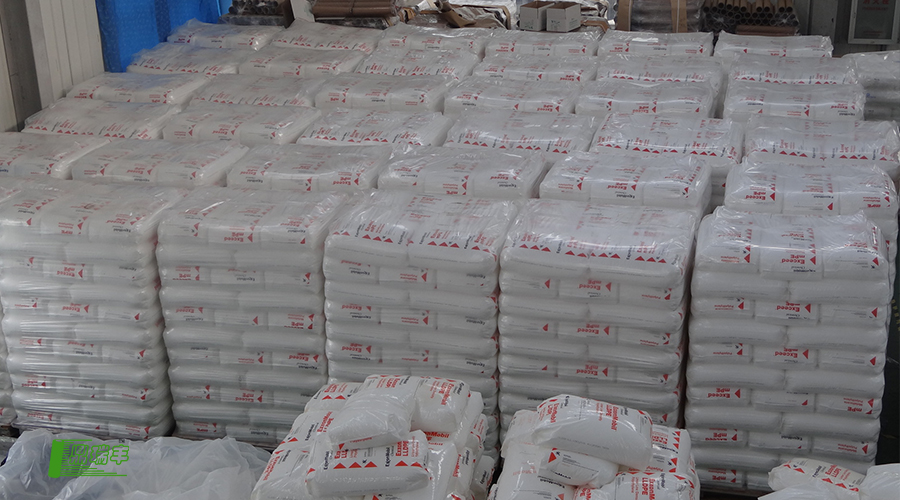Our Products
Contact Us
Phone: +86-556-5101815
Fax: +86-556-4639738
E-Mail: melinda@ahjl-film.com
Web: www.top-film.com.cn
BASF project in China aims to show viability of bioplastics in c
2013-06-26 14:19:49
GUANGZHOU,CHINA-- German plastics maker BASF SE hopes to seed the market for biodegradable plastics inChinawith a trial program composting household food waste in 100,000 homes in the central Chinese city ofWuhan.
At a May 20 news conference on the opening day of the Chinaplas show inGuangzhou, the company said its hopes to give momentum to a trend in a few Chinese cities to compost food and organic waste, and that it sees opportunities for its various grades of biodegradable and compostable plastics.
BASF also featured composting at its Chinaplas exhibit, taking food waste from the booth directly to a local compositing center and using the company's ecovio biopolymer in plates, cups and bags to serve booth visitors, so that those items would be composted along with the food.
Company officials said composting of organic waste is a hot topic inChina, and as evidence pointed to reporters from some ofGuangzhou's major media attending its news conference.
"This small-scale project shows how waste management could be done inChinain the future," said Tobias Haber, the company's Singapore-based regional head for specialty plastics in Asia Pacific.
Company officials said they finished the first phase of the composting trial in late 2012 inWuhan, the capital city ofHubeiprovince, in a project involving 1,000 homes.
Daniel Hebert, the Shanghai-based senior regional manager for ecoflex and ecovio biopolymers, said the next step will be to expand the program to 100,000 homes inWuhan. BASF and its partners hope to have the framework put together by the end of 2013.
"Every pilot project we set up around the world is successful," Hebert said. "People like it and the government saves money because it reduces the waste they need to manage."
He said the first phase of theWuhantrial proved successful and the company is supporting similar trials inGuangzhouinvolving food waste separation.
"We would like to focus on these areas and show it can succeed, and then be rolled out to larger areas," Hebert said. "It is very important that the government help with the right policies and legislation to support separation of organic waste."
Company officials said using compostable plastic bags help to increase participation in composting programs because the bags are better than paper bags at containing liquid waste, resisting tearing and acting as a barrier to odors.
Composting organic food waste can reduce the volume of waste sent to landfills by up to 50 percent, significantly reducing costs for city governments, BASF said.
If all ofChina's food waste were composted instead of sent to a landfill, the country could eliminate the equivalent of 45 million tons of carbon dioxide emissions, BASF said.
Organic matter in a landfill is a particular problem for fighting climate change because, BASF said, it breaks down into methane, which is 23 times more potent as a greenhouse gas than carbon dioxide.
Fully compostable bags, while more expensive than traditional plastics, can help reduce the overall cost of waste management because food waste does not need to be separate from the bags at the composting facility, the company said.
At the news conference, officials also said they hope to boost use of compostable bioplastics in agricultural mulch.
Chinais the world's largest market for agricultural film for mulch. But most of that now is made from conventional plastics, which can contaminate the soil when used for long periods of time, Haber said.
BASF said using traditional plastic film over 20 years, for example, will lead to 430 kilograms of polyethylene in each hectare of soil. Studies have shown that contamination reduces the yield of corn and other crops from the farmland.
"There is an accumulation of pollution that will inevitably happen," Hebert said.
BASF did not respond directly to questions about the economics of the trials for the company, but suggested the company wants to help develop the market.
"As a solutions provider, we are still more interested in the long-term potential," Hebert said.


